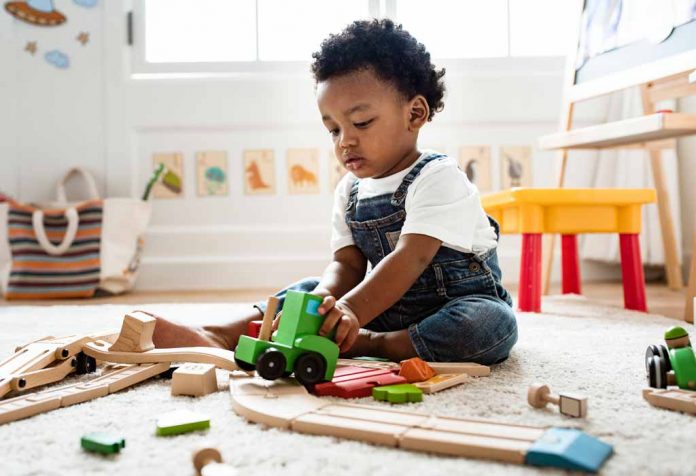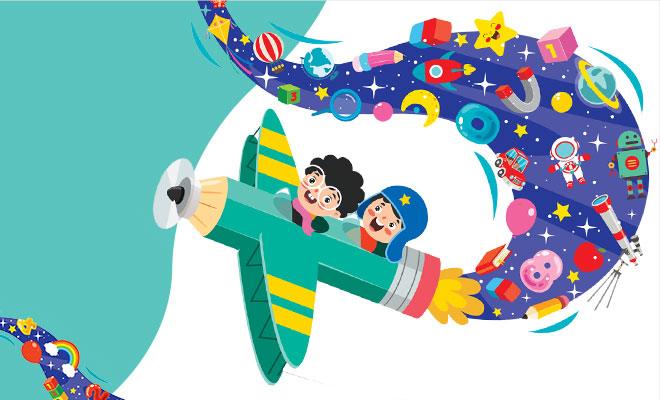Every child is unique, and so are the ways of expressing themselves. Children often express themselves with the help of an activity or play. They sometimes focus on their own area of interest, make their own rules for the game and communicate it to others in their chosen way. This is called free play.
What Is Free Play?
In simple words, free play is the one which is led/initiated by the child. Adults can be a part of their play, but they are not the ones making decisions or directing them on how to play. Free play is very beneficial for children as it gives them a chance to begin to understand the world around them.
Thank you for reading this post, don't forget to subscribe!
Importance Of Free Play
- It allows children to use their creativity and develop their imagination.
- It encourages children to interact with others while exploring the world around them.
- It enhances a child’s learning readiness, learning behaviour, and problem-solving skills.
- It helps children learn and practice self-regulation.
- It sharpens children’s decision-making skills.
How Free Play Aids The Development Of Children
Children are curious about the things around them. They are eager to explore, discover and learn about the ordinary items they see daily. Parents can focus on providing children with an opportunity to engage with objects that stimulate curiosity. For example, you must have seen a child holding an empty toilet paper roll or empty foil paper roll in their hand, running around the house and refusing to give it back. The ideal thing to do here is to let them indulge in free play and use their imagination to make something out of it.
For example: If the child sits down and makes a house by just stacking these toilet rolls together, this is free play. We’ve let them create something with their own imagination!
Note: Although children have free play time, supervision is important. Ensure that dangerous objects like a knife (or any other sharp object), electric outlets and items, choking hazards, chemicals (like rubbing alcohol), etc., are out of your child’s reach.
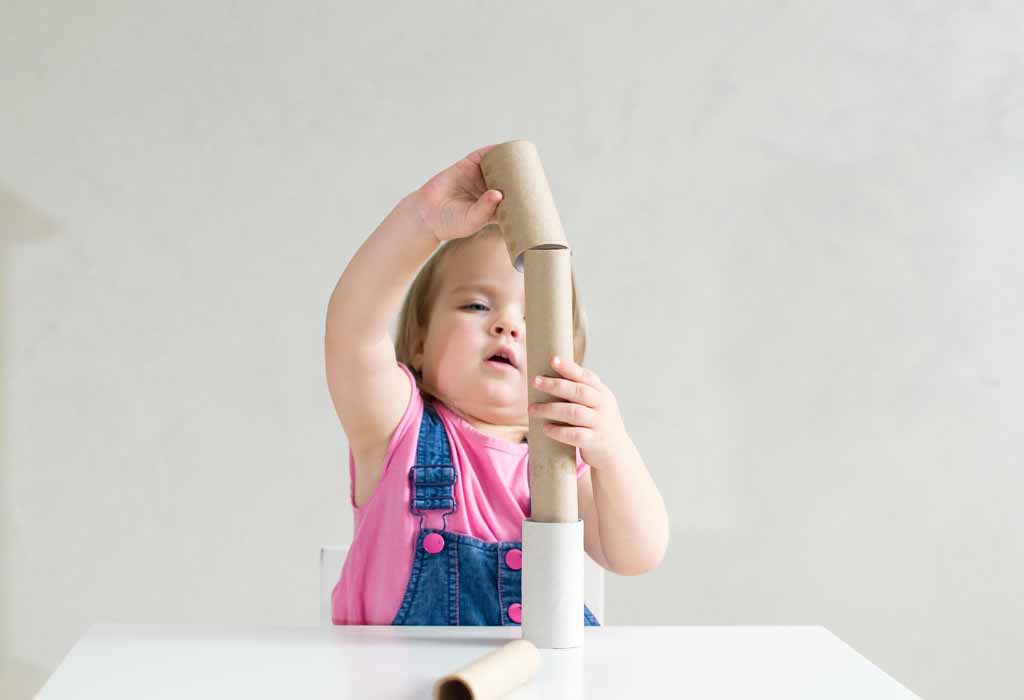
Free play has an enormous list of benefits for children. Let’s look at how it helps in a child’s social, language and motor development:
Language Skill Development:
When children play with their peers, they communicate with each other, exchanging various words and phrases that an adult may overlook. Even when they play alone, they verbalise what they are doing, working on sentence construction. They also learn when to speak, pause, and respond.
Social Skill Development:
During a free play session, children also get to work on their social skills by bonding with their peers. This allows them to know what others think about what they already know.
Motor Skill Development:
Many children’s free play activities involve running, walking, climbing, crawling, etc. Thus, their fine and gross motor skills are largely developed when children are busy in free play.
How To Encourage Free Play?
Toys That Aid Imagination
Offering toys like a ball, doll, Lego set, etc., encourages children to work on their imagination and use them in more than one way compared to things like colouring books or board games, which have specific rules to follow.
Screen Time
Getting relayed on-screen time when bored is not the right thing. It is important to limit screen time and let the children get bored. It will lead them to make efforts to find more things to do, and that is where the magic will happen.
Front Yard / Playground Play
Playing in the front yard or playground can help the kids get involved in spontaneous play with neighbourhood friends. It helps in the social development and motor development of the children. The trend of playing “inside the house” has taken away the charm of playing with friends outside, which you will probably remember from your childhood.
Boredom
Getting bored is the best way for your child to think about many ways to overcome boredom and be creative with playing. This is how free play begins. So, if your child is complaining that they are bored, resist offering a suggestion and encourage them to wear their thinking hats.
Household Items
The best thing about free play is that toddlers or pre-schoolers do not need expensive or fancy toys to have fun while playing. Here are some common household items that children can use for free play: bedsheets & blankets, spoons, water bottles, cardboard boxes, cushions, grocery bags, empty egg cartons, yoga mats, and more.
What’s The Right Age To Introduce Free Play To Children?
Free play is a great way to foster creativity in children while encouraging them to use their imagination. It allows the little ones to explore the world around them in their own way. It is recommended to introduce children to free play at an early age, especially toddlers and pre-schoolers who must be encouraged to engage in free play regularly.
Activities To Encourage Free Play
1. Construct With Blocks

Building blocks spark limitless creativity. There are no rules for construction—just pure, unbridled play, nurturing independence and innovation. This open-ended play cultivates a foundation for lifelong learning and exploration, as your child construct something out the building blocks using their mind. You can also add small figures, toy cars, toy trains etc., to the blocks and let your child’s imagination take care of the rest.
Invest in Mega Building Blocks for limitless free play. Buy now and foster your child’s creative journey!
2. Clay Time
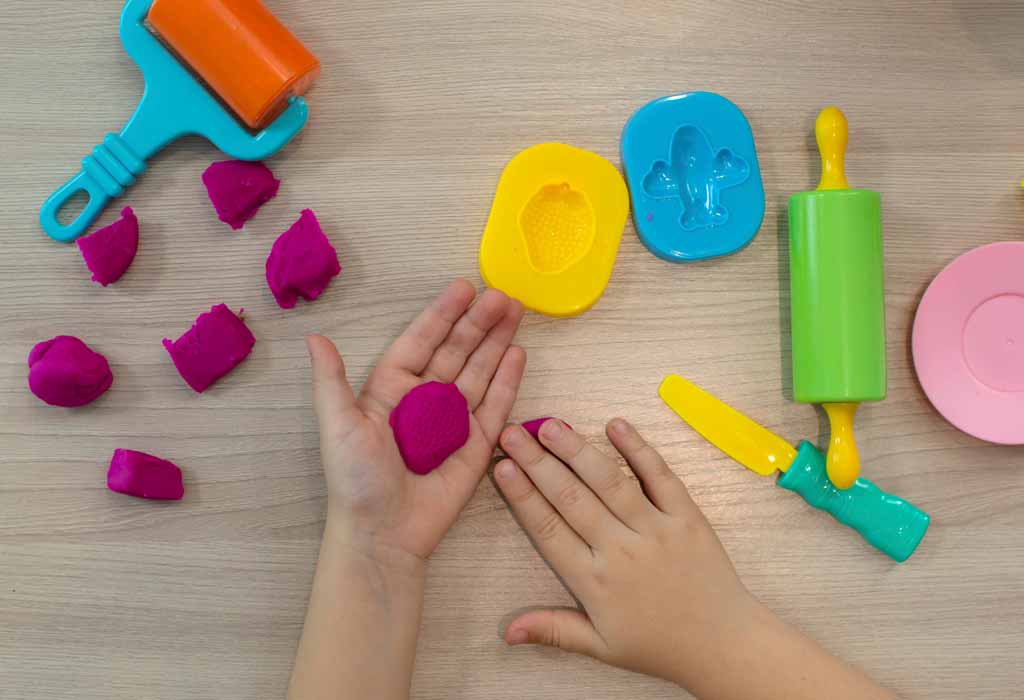
Provide your kid with clay of different colours. You can talk to your child about shapes like “the sun is a circle” or “the mountain is a triangle”, and let your child pick a hint of what shapes they can make using the clay.
Note: Keep a watch on your child when they are playing with clay.
3. Drawing
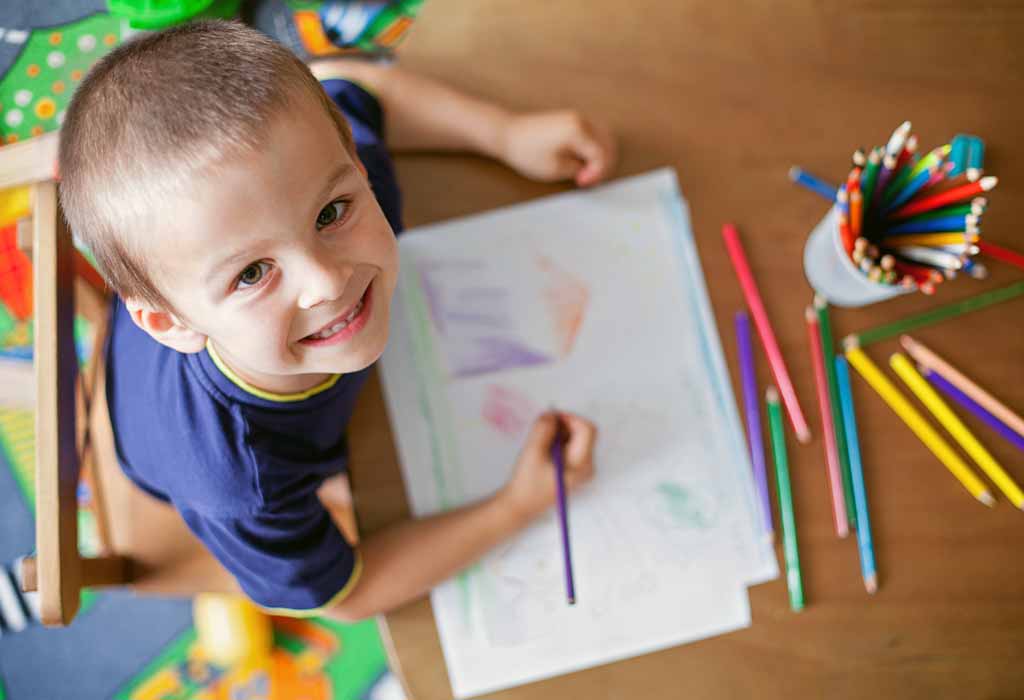
Give your child a blank sheet, a pencil and colours. You do not need to give your child any kind of instruction on what they should draw. Let them draw whatever they wish and colour it their way, even if they want to colour the sky green. You can discuss later with your child about their drawing and what encouraged them to draw and colour it that way.
Tips To Remember
- Make sure the child has a hygienic play environment.
- Keep checking on your child at regular intervals to make sure they are playing safely.
- Keep the conversation channel open and ask your child what they wish to play or do.
- If you see that your child is struck somewhere, do not engage with them but give them clues to solve the problem.
- To encourage free play at home, parents must encourage the little munchkins to indulge in some activities that will keep them entertained and learning!
Article Validated By:
Dr Rashmi Prakash
Psychologist || Executive Coach || Life Coach || Corporate Wellness Trainer
With 20 years of global experience in mental health management & training



